Pregnancy pigmentation is commonly referred to as the 'pregnancy mask' and involves an increase in patches of pigmentation on the face and melasma. Skincare brand founder Tiffany Salmon says 'If I thought getting to grips with the glow was going to be my biggest skincare challenge during pregnancy I was in for a rude awakening. One issue that quickly cropped up for me during both my pregnancies involved melasma. My pregnancy hormones caused dark spots and patches of hyperpigmentation to spread across my cheeks. Some call this pigmentation brought on by pregnancy hormones the 'pregnancy mask' and I'm still sporting areas of it today.' To read Tiffany's entire pregnancy skin journey click here. Celebrities like former Bachelor winner Laura Byrne have taken to Instagram to showcase their own experience of pregnancy related pigmentation too. Skin specialist Dr Anita Sturnham knows all about the 'pregnancy mask' phenomenon and spoke exclusively to Grazia to explain why increased pigmentation during pregnancy occurs, how long it typically lasts and how - if this is on your agenda - you can lessen its appearance with your skincare.
For more parenting content from Grazia, follow our Instagram community @TheJuggleUK
Why Does Pregnancy Pigmentation Occur?
'Many women notice an increase in pigmentation during pregnancy,' says Dr Anita, 'in the form of patches of pigmentation on the face, melasma, linea nigra ( a dark line on the abdomen) and darkening of the areola (around the nipple). One of the main reasons for this are the sudden changes in your endocrine system, with a surge of Oestrogen, Progesterone and melanocyte stimulating hormone (MSH), which switch on a disordered pigmentation production process.'
'The intensity of the hyperpigmentation can be related to environmental factors, such as sun exposure or pre-existing conditions, such as hyperthyroidism.'
How Long Does Pregnancy Pigmentation Last?
'Most pregnancy-related skin hyperpigmentation is benign and is usually resolved after delivery, (usually within 12 months) although melasma can be a trickier form of pigmentation to manage and many women suffer years post-delivery.' explains Dr Anita.
What Can I Do In The First Stages Of Pregnancy If I Want To Lessen The Degree Of Pigmentation That Occurs?
'When I talk about treating melasma and other pigmentation disorders,' says Dr Anita, 'it is helpful to understand why our skin makes pigmentation in the first place, so that we can assess the pathways where our skincare can intervene.'
'In pregnancy, we know that our hormones change rapidly in the first trimester and we know that these hormone surges are the triggers to pigmentation. If you are planning a pregnancy I recommend starting a pigment stabilising skincare regimen even before conception. Starting the following steps in the first trimester if the pregnancy is unexpected, are also useful strategies.'
'The most basic step is to get into the habit of using a daily sunscreen and I recommend a factor 50, mineral SPF product daily, When UV rays/visible light pass through the skin, they send a signal to cells called melanocytes, which are like protective soldiers in the skin, guarding our DNA. When they sense an attack they shoot up umbrellas of melanin pigment, to shield the skin's DNA from damage. When we are pregnant these cells are hyperactive and produce larger quantities of pigmentation in a disordered way. Once pigment has been made it passes from the melanocytes to other skin cells, called keratinocytes and these move the pigment up to the skin’s surface, where the pigmentation becomes visible.'
'To tackle this, we can try to block the UV rays and visible light from damaging the skin. A mineral or physical sunscreen with UVA/B and visible light protection is essential. Look for ingredients such as zinc oxide, Iron oxide, titanium dioxide. '
What Ingredients Should I Incorporate Into My Skincare If I Want To Lessen The Appearance Of Pregnancy Pigmentation?
'Another essential step is to use a good quality antioxidant serum in the morning,' says Dr Anita, 'to prevent free radical damage and stop the damaging triggers that boost pigment production. Vitamin C 10 % works well, particularly when combined with Ferulic acid and Niacinamide. Niacinamide helps reduce pigmentation by blocking the transfer of melanin to the keratinocyte cells. At night time and once you've finished breast feeding retinoids are key and I like combining this ingredient with alpha arbutin in serum form for pigment cell stabilisation. You can find these in Decree Treat Tincture, £130. You can use this pre-trying to conceive but retinoids are advised against during pregnancy and breastfeeding, so once you start trying I normally switch patients to using their Vitamin C serums morning and night.'
'Another great pigmentation protective ingredient is Resveratrol, which is derived from the skin of the red grape. Using Decree Peptide Emollient Veil /+ AM and PM, £115, can be helpful.'
'The next step is to add in other pigment suppressors, I like using azelaic acid, a dicarboxylic acid, found in wheat, rye and barley. It is a superhero ingredient with multiple skin benefits. It calms inflammation, reduces pigmentation, improves pore health, reduces p.acne’s bacteria, regulates sebum production , and is also an antioxidant with anti-aging benefits. You need to get this on prescription from your doctor, as the doses found in over the counter products won’t help your pigmentation.'
'If you suspect you have melasma or pregnancy triggered pigmentation, I recommend seeing a dermatologist or skin specialist who has experience managing melasma / pigmentation. At my clinic, we use imaging systems to identify the type and depth of the pigmentation and no lasers or peels are started until we have carefully assessed your skin and started a pigmentation stabilising skincare routine.'
Shop: The Best Face SPFs Around This Year
Best Face SPF 2022 - Grazia
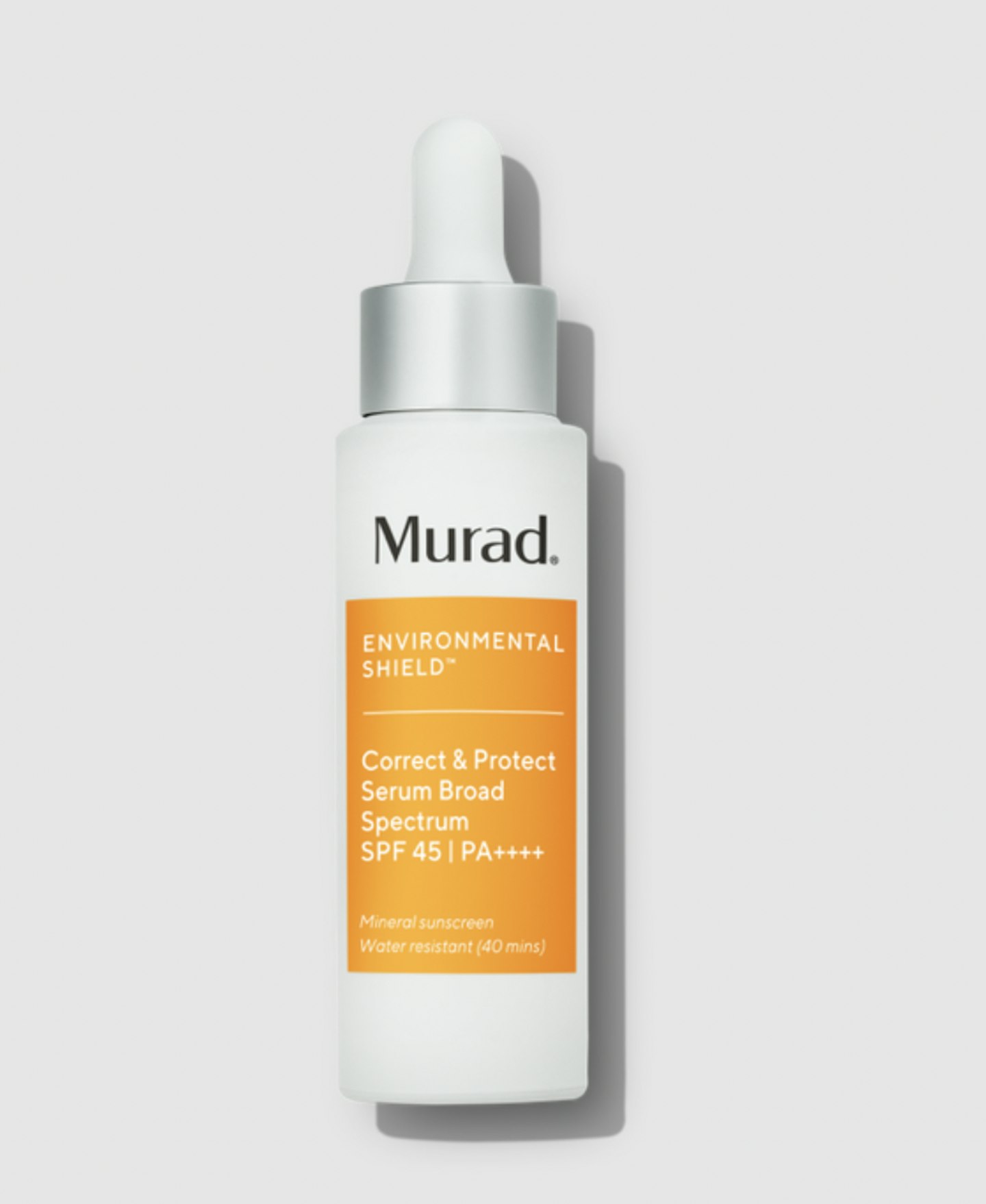 1 of 11
1 of 11Murad Correct and Protect SPF45, £68
Forget everything you think you know about mineral SPFs: this one will change the game. Milky, fast absorbing and serum-like, applying such a high SPF has never felt more enjoyable.
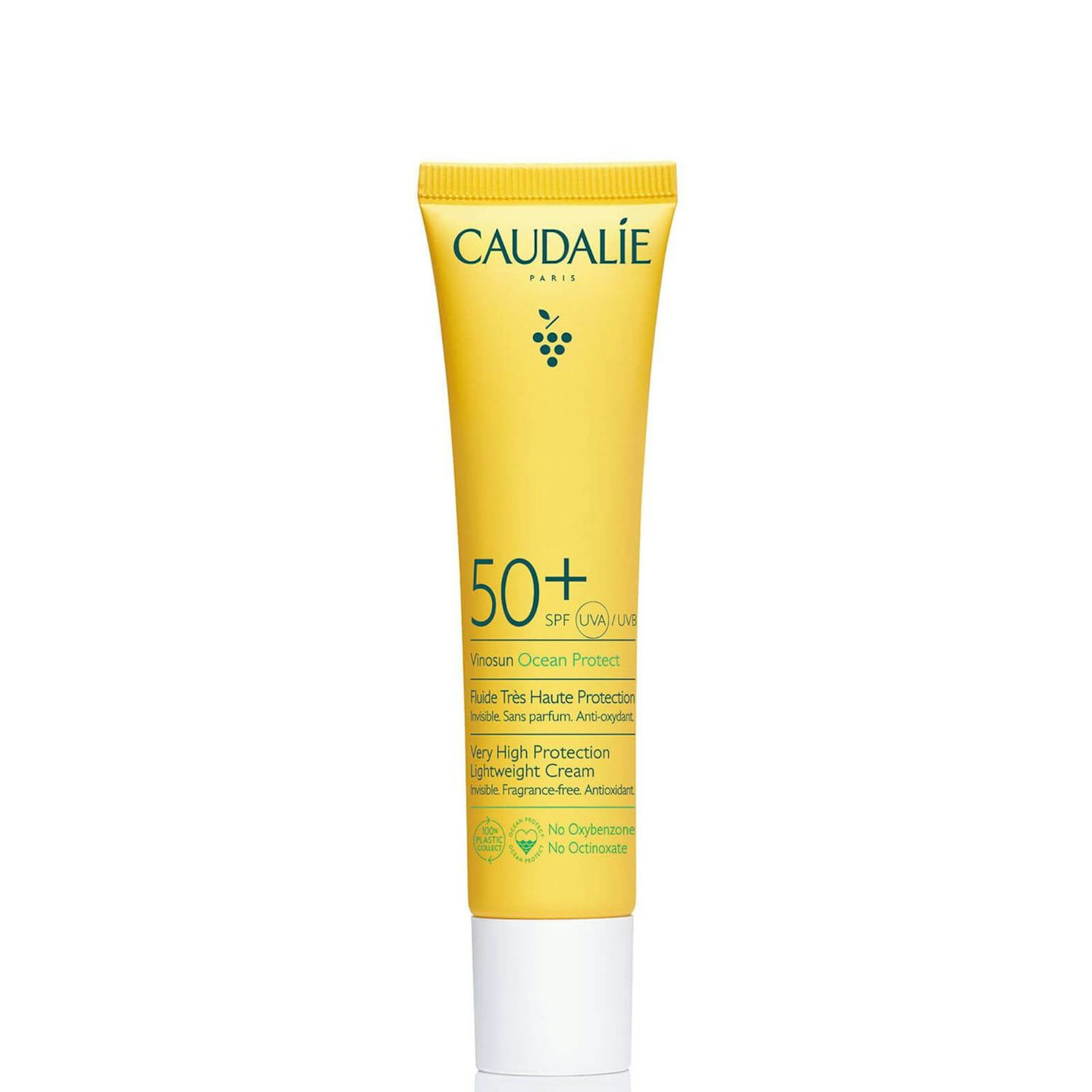 2 of 11
2 of 11Caudalie Vinosun Ocean Protect Very High Protection Lightweight Cream SPF 50, £19
Fans of Caudalie's hydrating grape based formulas will love their SPF. The invisible, non greasy lotion is enriched with Vitamin E, and is gentle enough for even the most sensitive skin. Milky and lightweight, it melts into the skin with real ease.
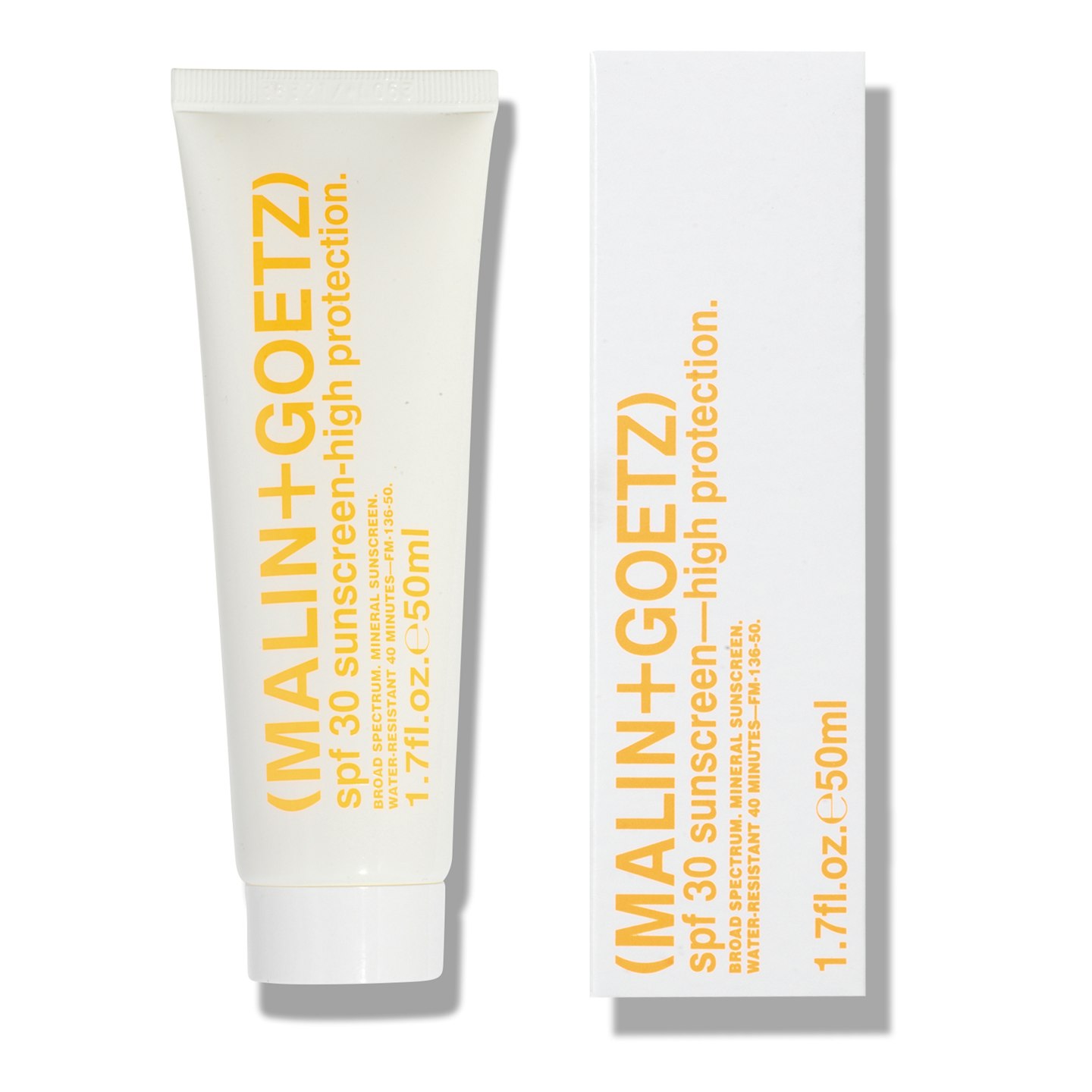 3 of 11
3 of 11Malin + Goetz SPF30 High Protection Sunscreen, £32
The latest offering from Malin + Goetz is a reformulated, mineral sunscreen with a lightweight gel texture that is easily absorbed into skin (and doesn't leave a white cast on dark skin tones). Looking for the next generation of skincare meets SPF? You found it. It also contains niacinamide to brighten and smooth skin, and works just as well under make-up as it does on a fresh face.
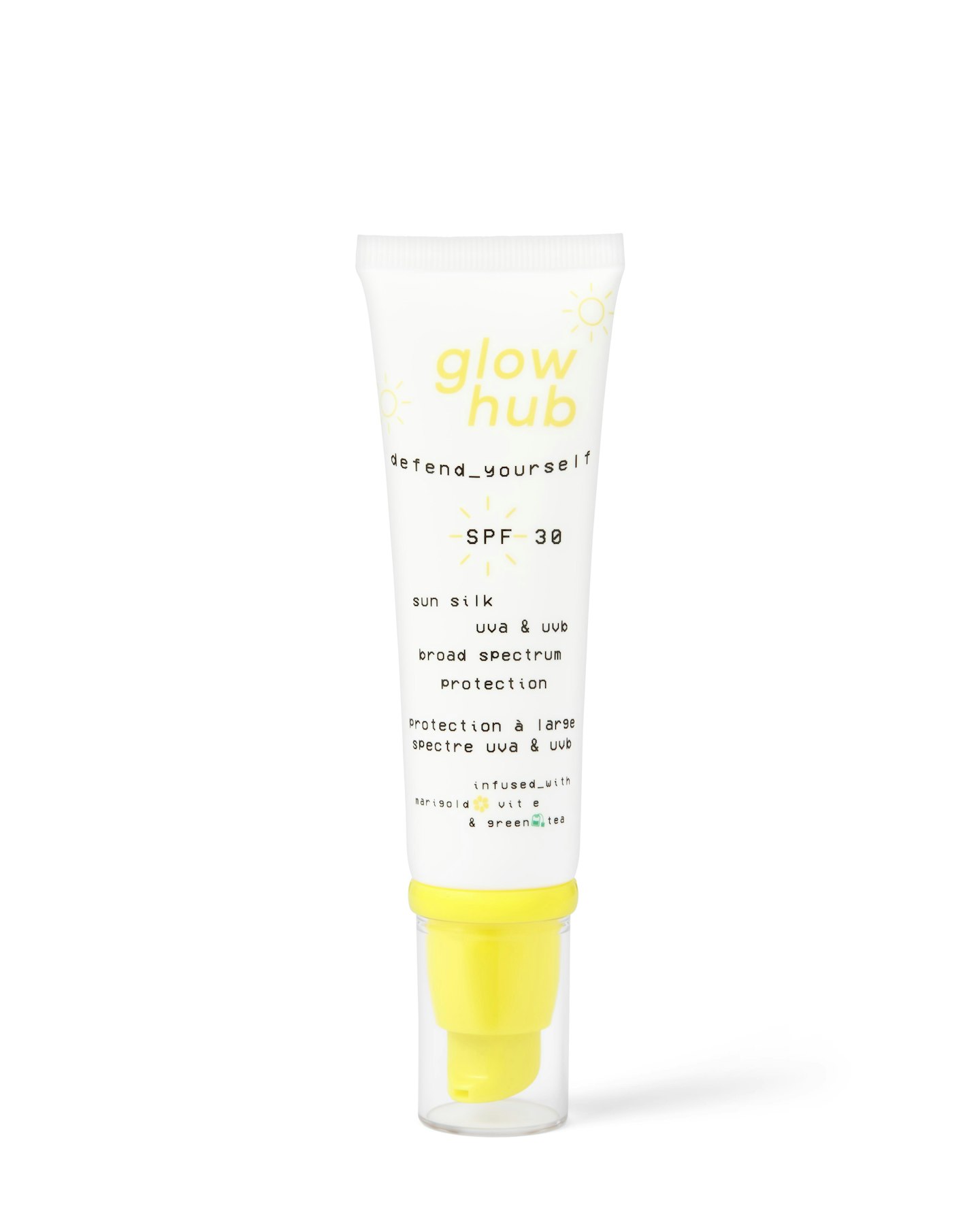 4 of 11
4 of 11Glow Hub Defend Yourself SPF 30, £12
This SPF has a barely-there finish that leaves skin looking that little bit more 'so.' The perfect addition to your skincare routine, apply after moisturiser for effective daily protection so lightweight you'll forget you're even wearing it.
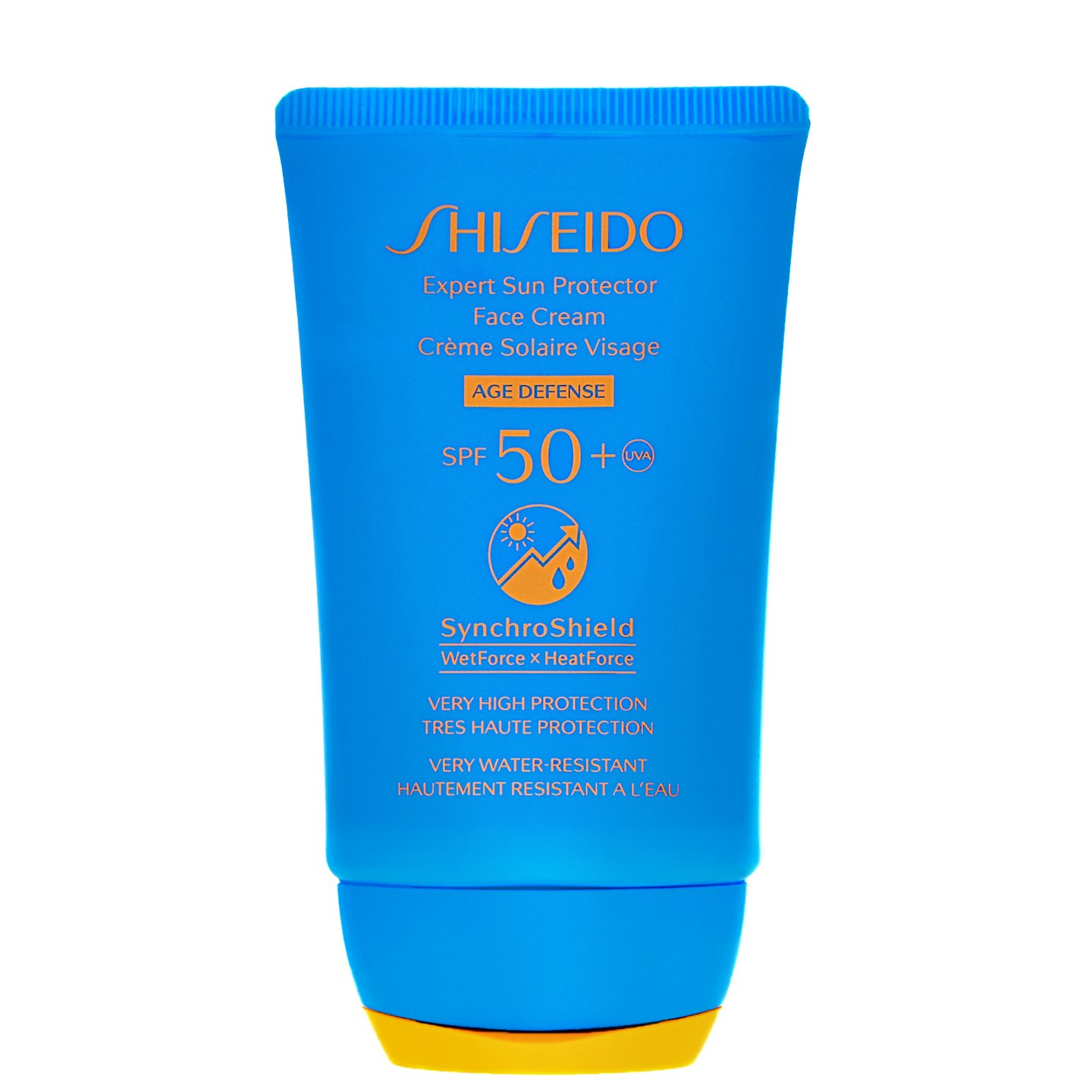 5 of 11
5 of 11Shiseido Expert Sun Protector Face Cream SPF50+, £32
The innovative idea behind Shiseido's latest sunscreen is UV protection that strengthens after application and when it's exposed to heat, sweat or water. Lightweight and water resistant, expect the same vitamin enriched, effective skincare as Shiseido's mainline moisturisers.
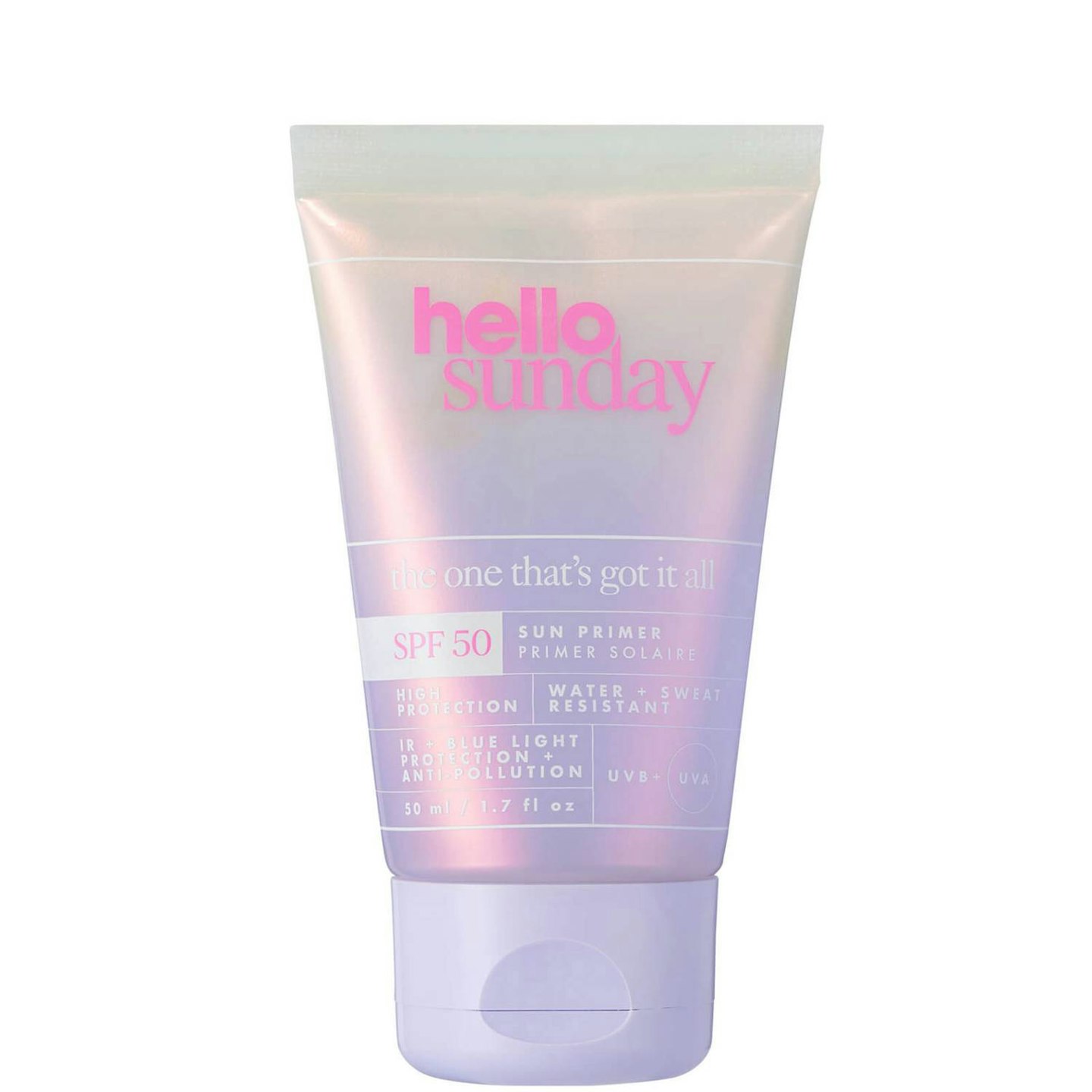 6 of 11
6 of 11Hello Sunday The One That's Got It All Sun Primer SPF50, £20
Catch this sell out sunscreen-meets-primer while you can (it has already sold out once on Cult Beauty). Aiming to make sunscreen an everyday part of your skin care routine, this make-up base not only protects against UVA and B, but also behaves well foundation.
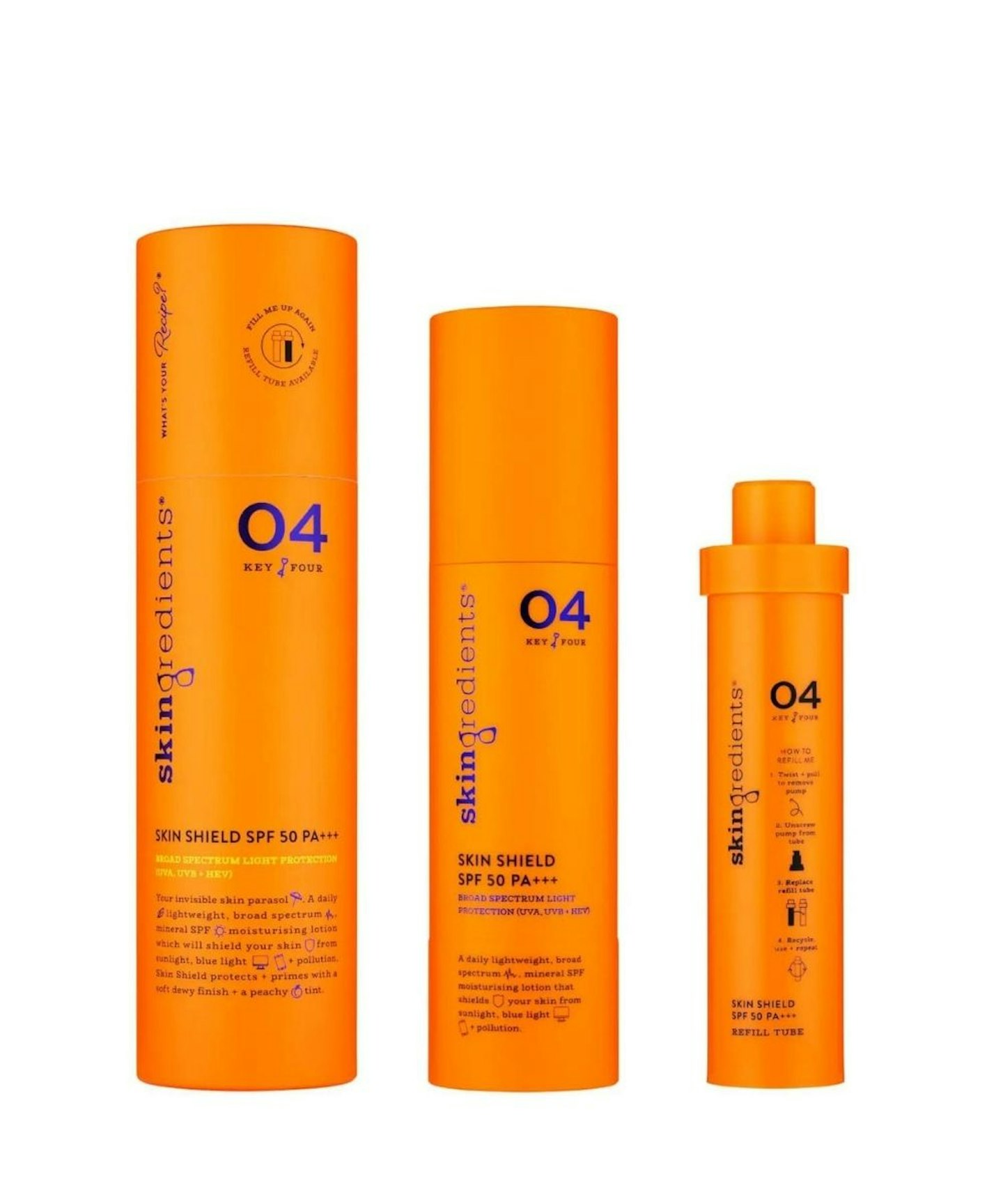 7 of 11
7 of 11Skingredients Skin Shield Moisturising and Priming SPF50, from £46
With a subtle peachy tint, this SPF delicately evens out tone and lends glow (in buckets). It's SPF50, refillable, and a more hydrating option for those with drier skin.
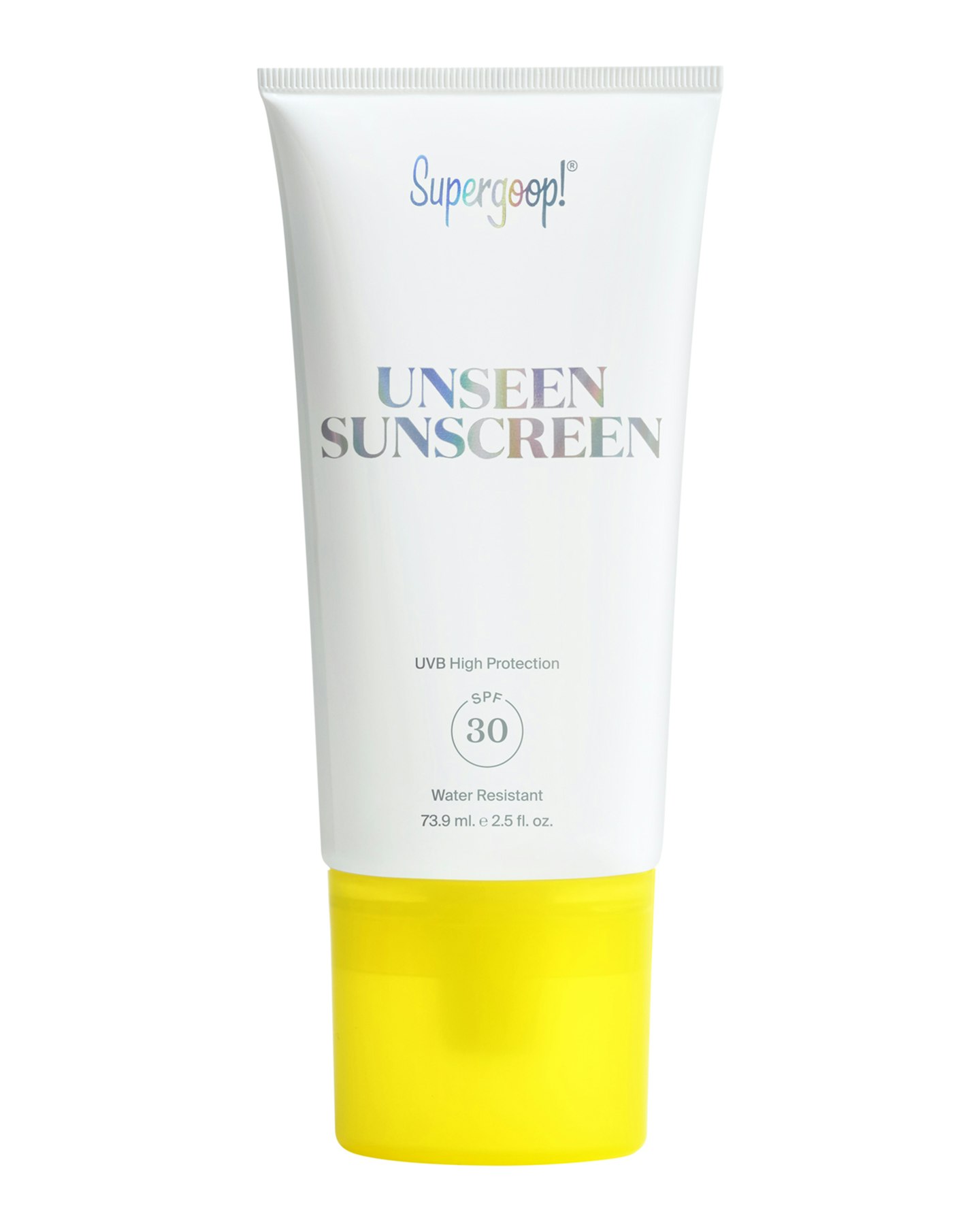 8 of 11
8 of 11Supergoop! Supersize Unseen Sunscreen SPF 30, £40
Supergoop! have fast established themselves as an SPF authority. You can count on their textures to be light as air, melting into skin with real ease. They also offer brilliant top-up options, too.
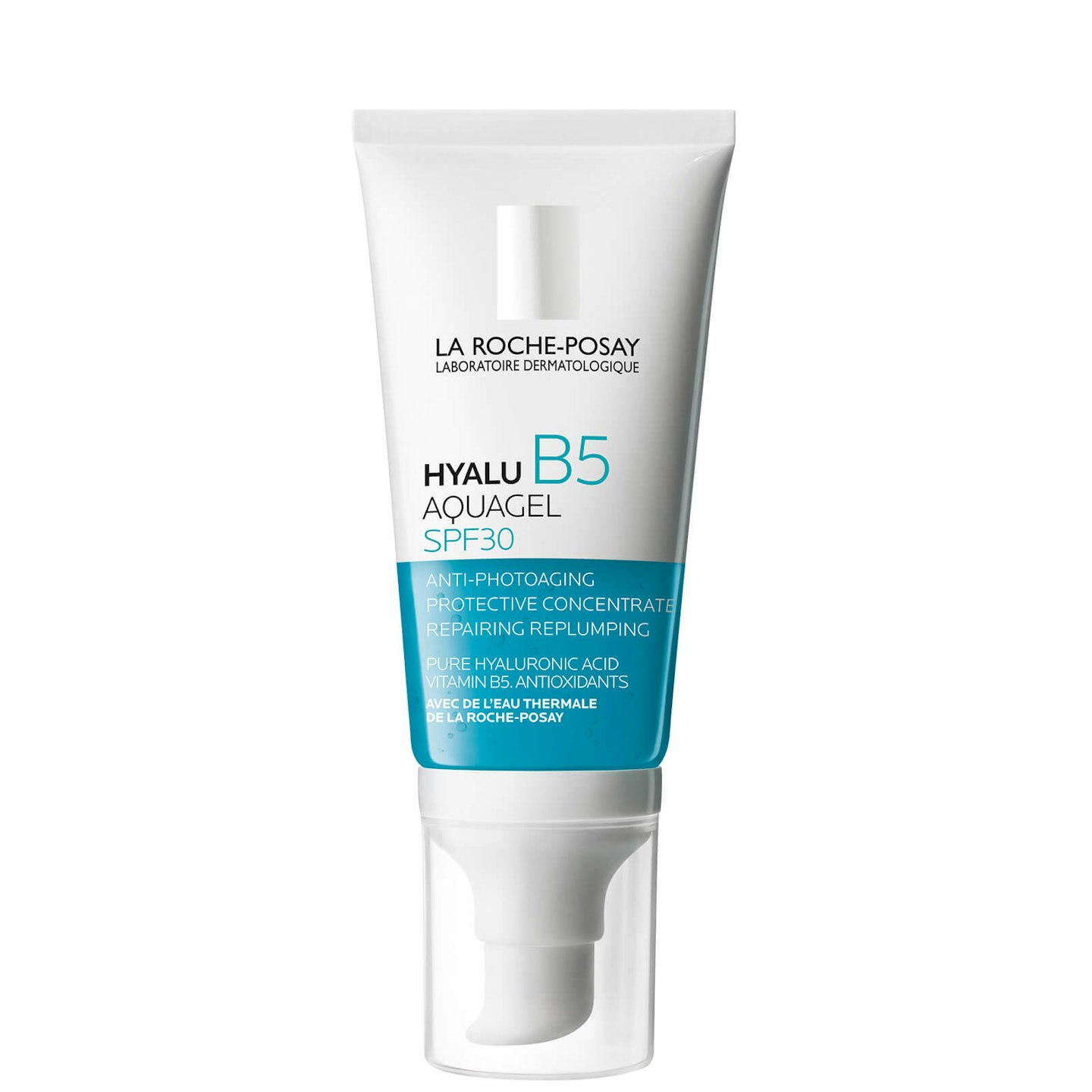 9 of 11
9 of 11La Roche-Posay Hyalu B5 UV Serum SPF 30, £34.50
It's ok if you're hooked on La Roche-Posay's Anthelios (we are too). Oily skin types, though, will love this gel texture. It's packed full of hydrators to keep skin happy, but doesn't overwhelm oily skin with richness, so skin still feels balanced.
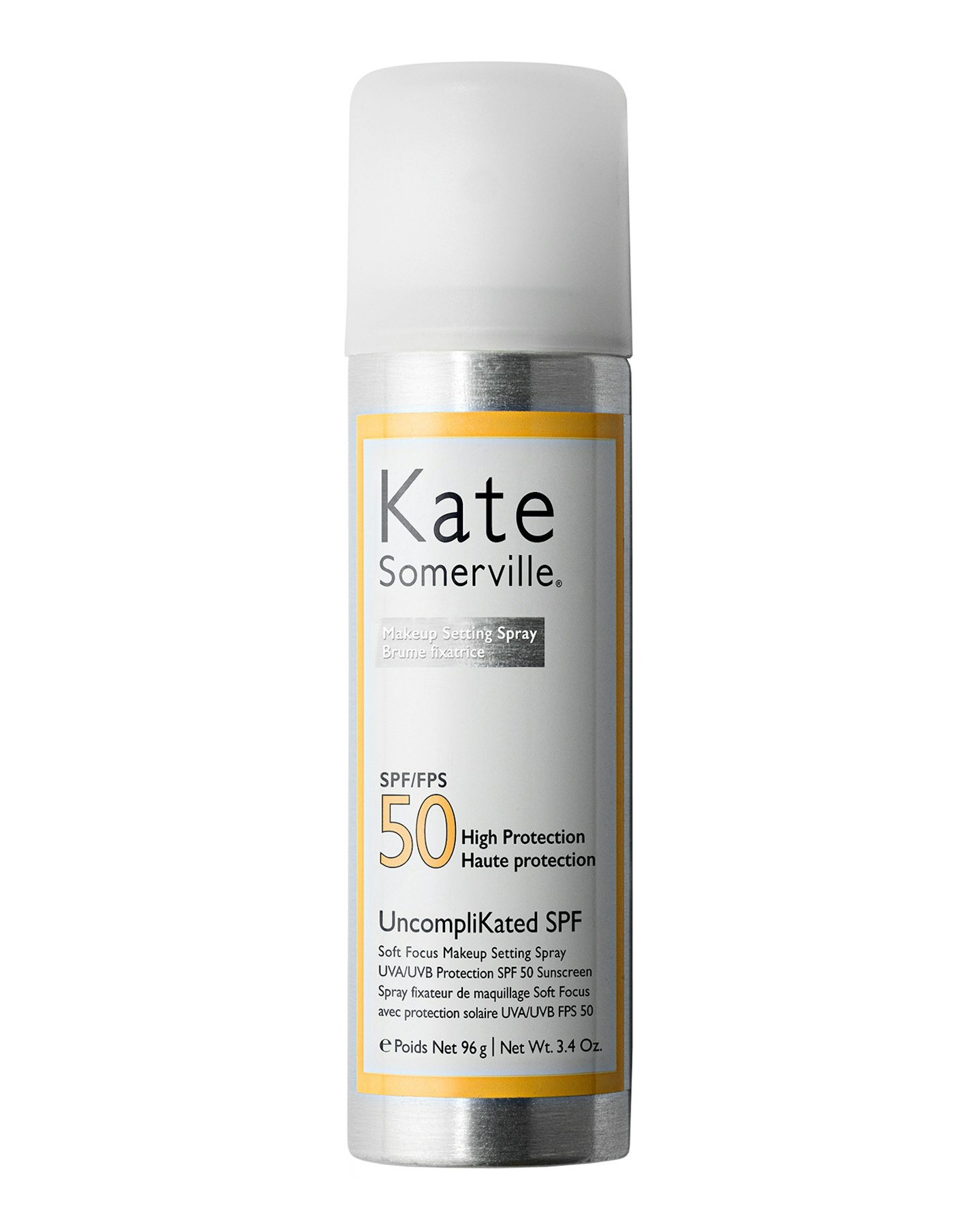 10 of 11
10 of 11Kate Somerville UncompliKated SPF 50, £36
A multi-tasking gem, this lightweight mattifying mist protects skin from harmful UV rays and sets make-up - a must-have summer staple.
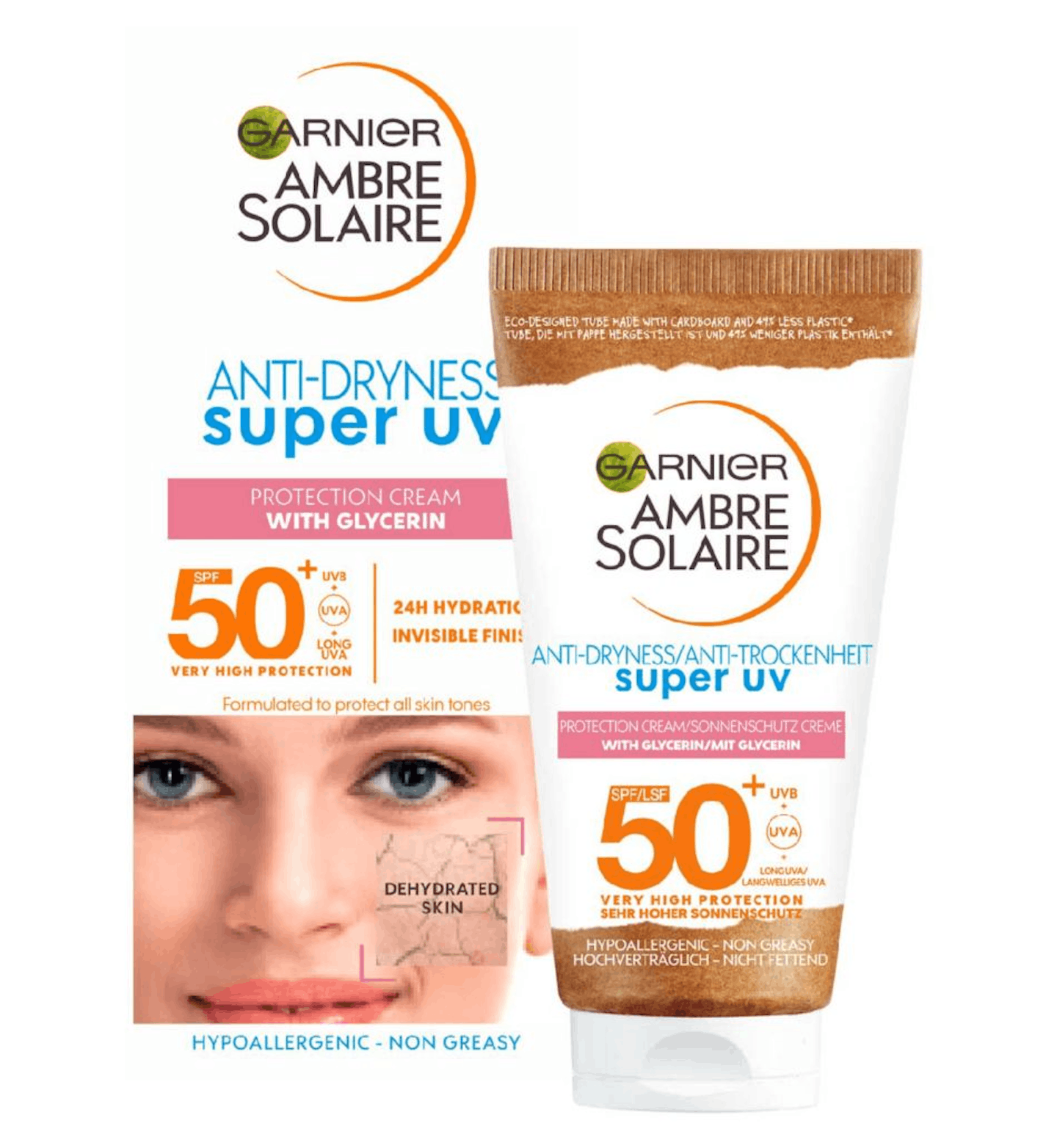 11 of 11
11 of 11Garnier Ambre Solaire Super UV Anti-Dryness Protection Cream SPF50+, £6.50
One of the most sophisticated SPF formulas on the high street. The gel-cream texture is best suited for normal to dry skin, for the way it quenches any dry patches and supplies hydration. Hurrah for brilliantly priced, excellent SPFs!
READ MORE: The £9 Skin Solution Ashley Graham Always Has In Her Handbag Is Available To Shop Now
READ MORE: 'For The First Time In My Life I Had Acne': Tiffany Salmon On Her Pregnancy Skin Journey
.png?ar=16%3A9&fit=crop&crop=top&auto=format&w=1440&q=80)